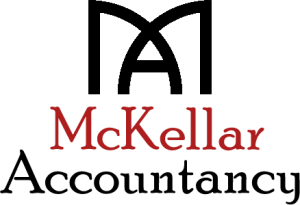[av_hr class=’default’ height=’50’ shadow=’no-shadow’ position=’center’ custom_border=’av-border-thin’ custom_width=’50px’ custom_border_color=” custom_margin_top=’30px’ custom_margin_bottom=’30px’ icon_select=’yes’ custom_icon_color=” icon=’ue808′]
[av_textblock size=” font_color=” color=”]
Welcome to the accountancy blog from McKellar Accountancy. This blog provides the very latest news, views and advice from our senior team. Feel free to comment on any blogs, subscribe via our newsletter or connect with us socially. McKellar Accoutancy are proactive accountants that offer fantastic services to both companies and individuals. If you are looking for more than just a traditional service then why not get in touch with McKellar Accountancy today!
[/av_textblock]
[av_hr class=’default’ height=’50’ shadow=’no-shadow’ position=’center’ custom_border=’av-border-thin’ custom_width=’50px’ custom_border_color=” custom_margin_top=’30px’ custom_margin_bottom=’30px’ icon_select=’yes’ custom_icon_color=” icon=’ue808′]
[av_blog blog_type=’taxonomy’ categories=’1′ link=’category,6′ blog_style=’single-big’ columns=’3′ contents=’excerpt’ content_length=’content’ preview_mode=’auto’ image_size=’portfolio’ items=’5′ offset=’0′ paginate=’yes’ conditional=”]



